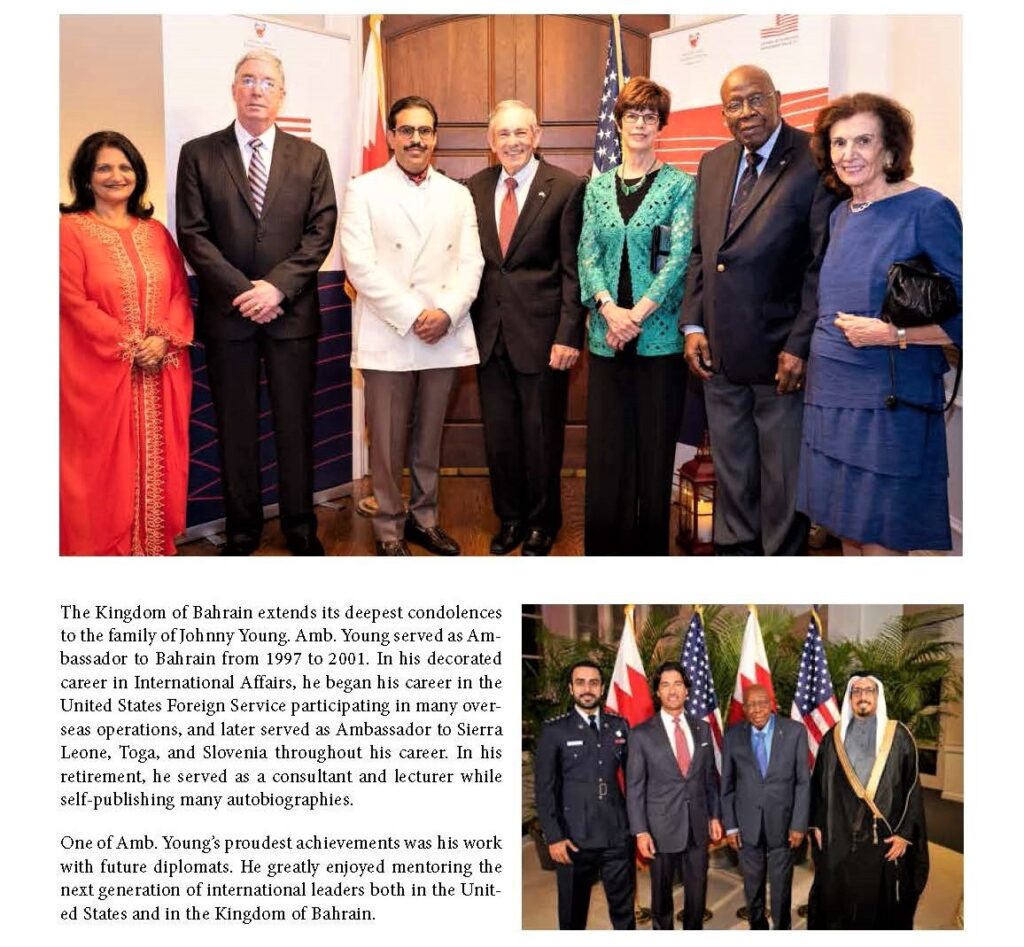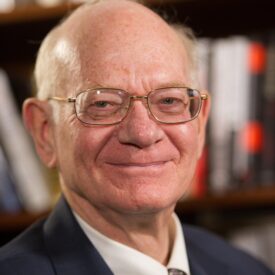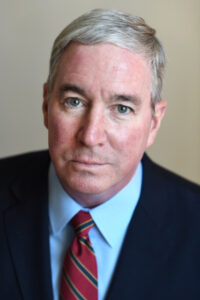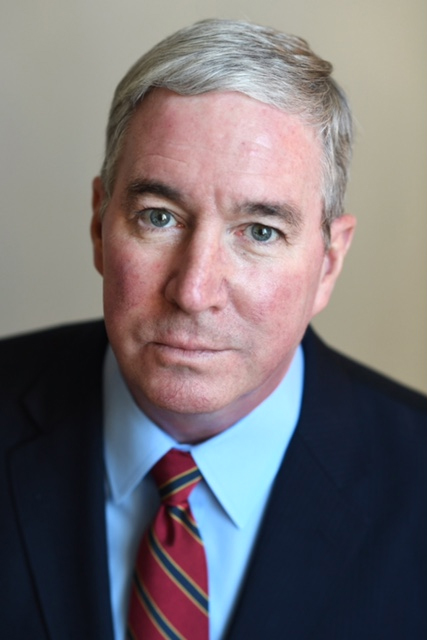
President ABFS
There are many good things happening within the American Bahrain Friendship Society (ABFS) these days and it’s time for all of us to bring in more friends as we collectively emerge from the pandemic. Please visit our website at www.abfsdc.org for videos of previous events and to remain aware of upcoming events.
I am pleased to announce His Excellency Shaikh Abdullah bin Rashid Al Khalifa, Kingdom of Bahrain Ambassador to the United States has approved two new board members. Welcome to former U.S. Ambassador to Bahrain William Roebuck and Mrs. Angelena Young, wife of former Ambassador Johnny Young – we are honored and delighted to have you both on the team.
In mid-September, the ABFS hosted a virtual meeting where experts discussed the rich history of Bahrain’s pearl industry. The event lasted about an hour and will be on the ABFS website before the end of this month. The video is well worth watching if you missed the live event, and even worth viewing again if you’ve already seen it.
The next scheduled ABFS event will be held virtually, at noon Eastern Standard Time on October 21st and will exam a “Day in the Life” of those folks currently in Bahrain. The lunch time event is designed to ensure it is accessible to those of us in the United States, but also to members living in Bahrain. Please look for an email invite or check the website for details.
The Bahraini Embassy in Washington, D.C. plans to host a Bahraini National Day celebration in December – on a date soon to be determined. The current plan is to host an event that allows live participation, but also has a virtual link for those unable to attend in person. Again, please stay tuned to your email and the website for details.
As we work our way into the Fall and Winter seasons, we can be grateful for cooler temperatures and cautiously optimistic about emerging from the effects of COVID. While we are not yet at the end of the pandemic, we can begin to feel we are nearing the end, or at least a situation where vaccinations and other medications will allow us to live and function in the presence of COVID.
Please continue to take care, stay safe, and stay healthy – I know many share joy in the thought that we will all meet in person again very soon.












